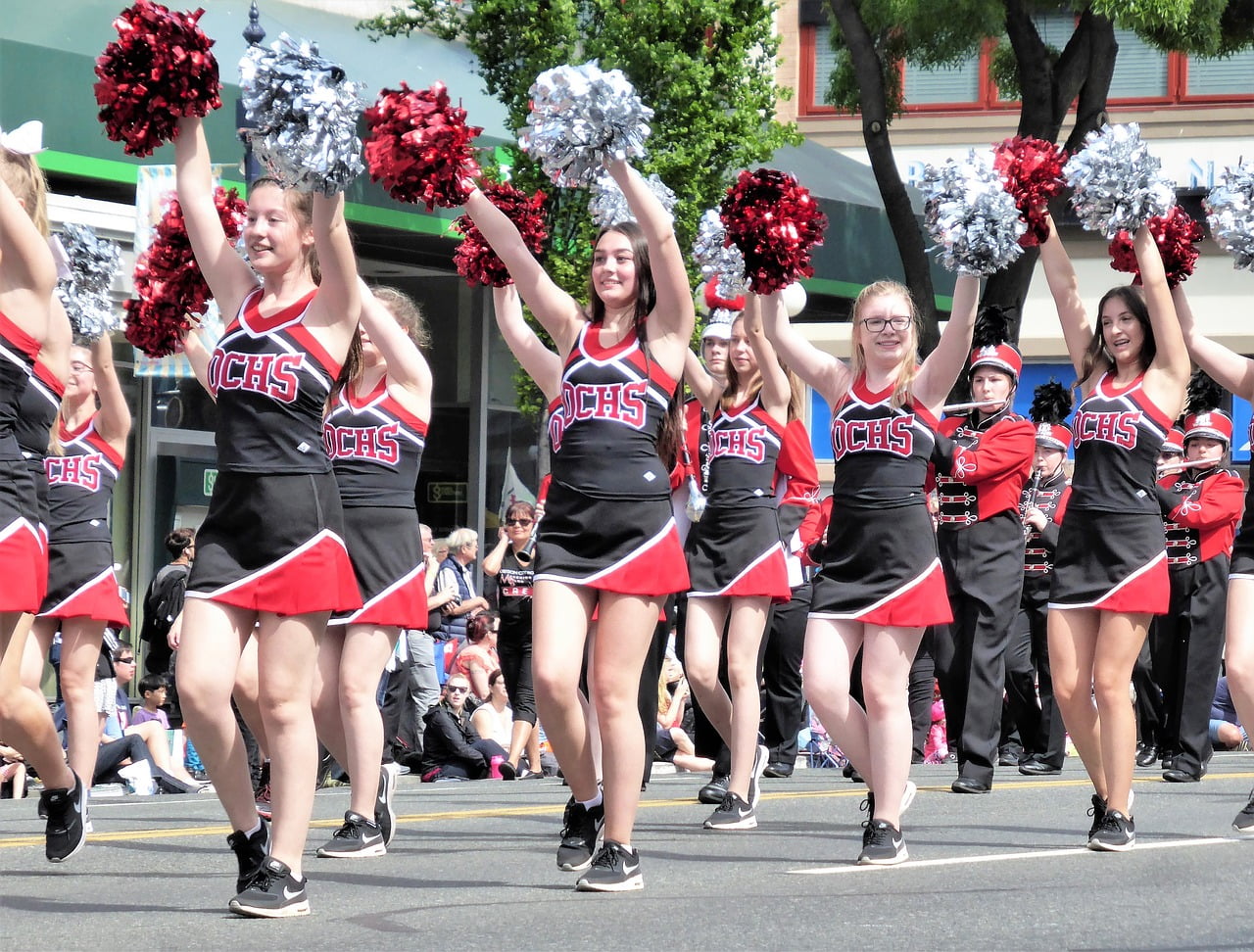Cheerleader Ruling Will Hit Colleges Hard; Students Often Punished For Off-Campus Actions But Profs Do Little
Q1 2021 hedge fund letters, conferences and more
Cheerleader Ruling Will Have A Significant Impact On Colleges
WASHINGTON, D.C. (June 23, 2021) - The Supreme Court's ruling in the cheerleader case - that speech by high school students, on the Internet or otherwise outside of school, nevertheless enjoys considerable First Amendment protection - is likely to have a significant impact on colleges and universities, says public interest law professor John Banzhaf, who has fought against violations of students' free speech rights and academic freedom on his own campus as well as elsewhere.
As the majority decision pointed out, “Courts must be more skeptical of a school’s efforts to regulate off-campus speech, for doing so may mean the student cannot engage in that kind of speech at all. When it comes to political or religious speech that occurs outside school or a school program or activity, the school will have a heavy burden to justify intervention,”
For many reasons, students in higher education have and should enjoy even more freedom to express themselves through postings on the Internet, or other statements made beyond their campus, than teens still in high school, so this decision may well tend to deter presidents and other administrators at colleges and universities from the increasingly common practice of expelling, suspending, investigating, or otherwise harassing students who say or do things away from school which might be rude, insensitive, and or even demeaning.
Higher education publications, as well as many blogs and web sites, are filled with incidents where a student's language was deemed objectionable, often because it supposedly was not consistent with some policies or principles of the school, and the student faced some kind of adverse action.
The Counterspeech Doctrine
Even if the words are said to be demeaning to a particular group, they are still constitutionally protected, says Banzhaf, and the remedy for bad speech is good speech, not discipline. As Justice Louis Brandeis proclaimed, the proper response to negative speech is to counter it was positive expression. As the counterspeech doctrine posits, the remedy should be more speech, not enforced silence.
Since university presidents and colleges can be - and have been - sued when they cause their institutions to violate the Constitution, they may be more careful in the future since the Supreme Court has made it even clearer that these rights must be protected.
As the Court explained in the famous Tinker case, "First Amendment rights, applied in light of the special characteristics of the school environment, are available to teachers and students. It can hardly be argued that either students or teachers shed their constitutional rights to freedom of speech or expression at the schoolhouse gate. This has been the unmistakable holding of this Court for almost 50 years."
This case now makes it clear that teacher's and student's rights are even stronger when the actions occur outside the schoolhouse gate, says Banzhaf, who was once investigated by his university based upon an anonymous complaint that he was "rude" - even though the incident occurred when he, in an off-campus building, told a trespasser who had illegally entered the building he occupied that she would have to leave or he would call the police.





